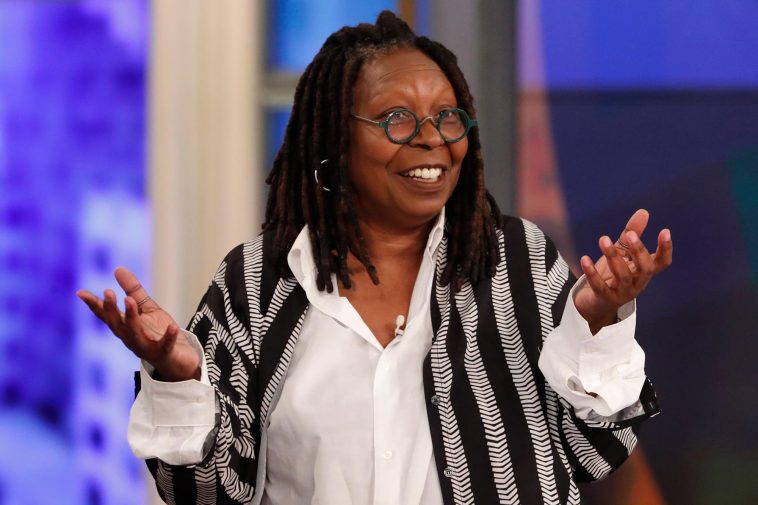Whoopi Goldberg stirred controversy after accusing presidential candidate Robert F. Kennedy Jr. of fat-shaming during a recent segment on The View. Goldberg’s comments drew immediate criticism, particularly from the panel on Fox News’ Outnumbered, where her remarks were labeled “ridiculous” and “out of touch.”
The Controversial Claim
Goldberg alleged that RFK Jr., who has often been critical of public health policies, crossed a line by making comments that she interpreted as targeting people’s weight. While the specifics of RFK Jr.’s remarks remain unclear, Goldberg used the moment to launch into a broader critique, saying, “Fat-shaming is never acceptable, no matter who it’s coming from.”
Her statements quickly drew pushback from critics who accused her of misrepresenting RFK Jr.’s comments and using the accusation as a way to discredit him politically.
Whoopi Goldberg says RFK Jr wanting to make American food healthier is “fat shaming.”
Where would we be without everyone being a victim? pic.twitter.com/GLgxvRCr62
— Tim Young (@TimRunsHisMouth) December 12, 2024
Public Reaction
The incident has sparked heated discussions on social media, with many users siding against Goldberg. Critics argued that her comments reflected a lack of focus on important issues and accused her of playing into identity politics.
“Whoopi Goldberg is completely out of touch,” one user wrote on Twitter. “RFK Jr. is talking about health policy, and she’s trying to make it about fat-shaming? Unreal.”
Others defended Goldberg, suggesting that her critique was a valid call for sensitivity in public discussions about health and weight.
A Broader Political Divide
This clash highlights the deepening divide in how public figures address health-related issues. RFK Jr., a vocal critic of the establishment’s handling of health policies, has built his campaign around challenging narratives, particularly those surrounding public health and personal responsibility.
Goldberg’s comments reflect the tension between promoting body positivity and addressing public health concerns, a debate that continues to stir controversy in political and cultural spheres.
Looking Ahead
As the 2024 presidential race heats up, moments like these are likely to become more frequent, with candidates and commentators clashing over both policy and personal critiques. For now, the backlash against Goldberg’s remarks underscores the challenges of navigating sensitive topics in a hyper-polarized media landscape.


